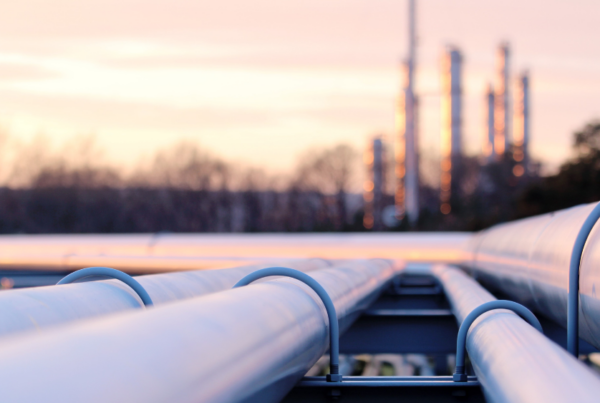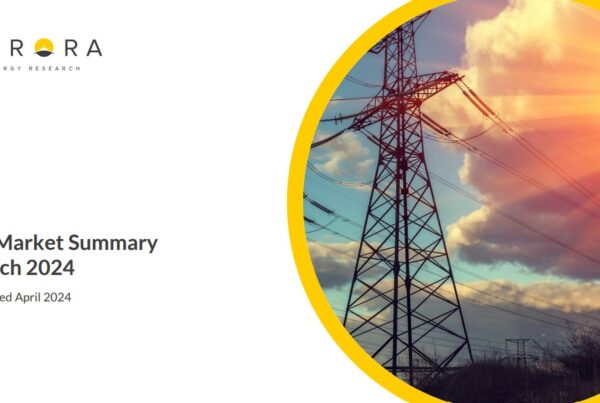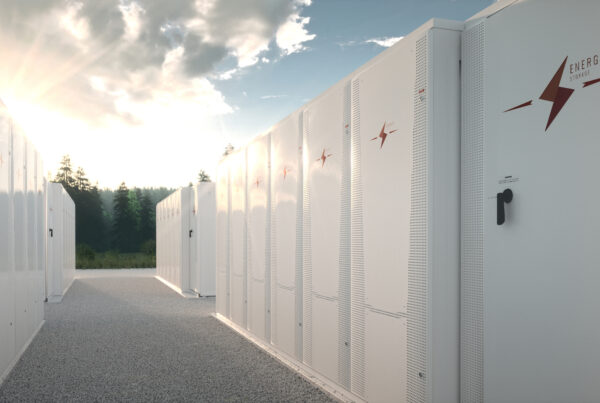
- COVID-19 has significantly impacted European energy markets, with social distancing and home working measures depressing demand and prices for gas and power. Across Europe, power demand has already fallen by 10-20% and commodity prices by >40%
- Power prices have fallen 30-40% on average across European countries. A mild COVID-19 scenario would see power prices recovering by 2022, whilst a worst-case scenario would not see a full recovery until 2025
- Revenues of power utilities will be significantly affected by these developments. Merchant-exposed wind and solar schemes are likely to be most adversely affected – with 2020-21 revenues down as much as 30-50% across a number of European markets
- The impacts on thermal power plants are more mixed. In countries such as the Netherlands, Germany and France there is potential upside for gas generators due to the lower prevailing gas prices; whilst coal generators in Poland will see revenues tumble
In recent weeks, the outbreak of the COVID-19 virus has sent shockwaves across the globe – with severe impacts on health and healthcare systems, financial markets, economic activity and social infrastructure. Recorded cases have soared to more than 2.5 million globally, including nearly 1 million in Europe – although there are early signs that the rate of new infections in Europe is plateauing.
Impacts have been felt throughout European energy markets for gas, carbon and power – as discussed in a report released today by Aurora Energy Research, the leading European energy market analytics company.
The report explores four plausible scenarios for the impact of COVID-19 on European power markets – at one extreme considering a moderate scenario where lockdowns are eased in Q2-2020, through to a worst-case scenario characterised by a European and global depression.
The analysis shows that even in a more moderate COVID scenario, power demand and prices are expected to be significantly lower during 2020 (compared to pre-COVID expectations), with a recovery not expected until 2022. A more severe COVID scenario could see wholesale power prices fall by 30-50% in 2020, and markets not recovering fully until 2025. Countries with a higher share of gas in the generation mix, such as Spain, Ireland and the Netherlands, are likely to see the biggest reduction in power prices. France will also see a big reduction in power prices, despite its low gas and high nuclear share, by virtue of the fact that it is highly interconnected to neighbours such as Germany and Spain.
The implication of the report is that European power utilities could be significantly affected by the drop in power prices– with impacts varying by country and technology type. Amongst the worst hit will be merchant-exposed wind and solar projects – which are becoming more prevalent in Spain, Poland and the Netherlands. Such projects could see revenues fall by 20-50% depending on the severity of the COVID outbreak and subsequent economic downturn in the coming months and years. By contrast, subsidised renewables schemes (for example in GB, Germany and France) will see revenues partly or fully protected by Government despite the fall in market prices – although these higher subsidy costs will still feed through to consumers. The drop in expected revenues will impact on existing renewables schemes and could also result in new schemes being delayed.
The outcomes for thermal generators are more nuanced. Gas generators (CCGTs) in Germany could see their profitability increase as a result of the low prevailing gas prices, which boost competitiveness of gas compared to coal and lignite. By contrast, gas generators in GB and Ireland would see profits fall, as a result of the fall in demand and running hours. Coal generators in Poland could see profits fall by 40-80% as a result of the low demand and gas price environment. Thermal generators will be somewhat protected from these effects (upsides and downsides) to the extent that they have already forward-sold power for 2020 and later years – but in doing so this will create risks for power retailers and other offtakers.
Finally, as power demand falls across Europe, this could create challenges for power system operators to balance the grid – since the proportion of total generation coming from renewables will be far higher than normal. This can create issues related to managing grid frequency within safe limits and managing fluctuations in renewables output. This potentially creates opportunities for thermal generators and grid scale batteries to access additional revenue streams through provision of balancing services to the grid. Although this is a short-term feature of the market as a result of COVID, it foreshadows some of the challenges of operating the power system in the future, as we increase renewables capacity in pursuit of Net Zero targets.
Felix Chow-Kambitsch, Head of Commissioned Projects – Western Europe, Aurora Energy Research commented:
“The effect of Coronavirus has rippled through European energy markets – significantly reducing demand and prices of gas and electricity. European power utilities are likely to experience a significant fall in revenues in 2020, with merchant-exposed renewables schemes significantly affected. The low gas price environment will improve the competitiveness of gas power stations relative to coal – creating upside for gas generators in Germany, but significantly reducing revenues for coal generators in Poland.”
Media contact
Caroline Oates
Marketing and Media Associate
E: caroline.oates@auroraer.com
T: +44 (0)1865 952700
M:+44 (0)7912 568570
Notes to editors
Aurora Energy Research
Aurora is a leading independent European energy market analytics company founded in 2013 by University of Oxford professors and economists. Aurora provides deep insights into European and global energy markets supported by cutting edge models to help our clients navigate the global energy transition and make bankable investment decisions. We work with world leading organisations across Europe, including energy companies, financial institutions and governments. Our services include: subscription-based forecasts, reports, forums and bespoke consultancy services. Aurora Energy Research has offices in Oxford, Berlin and Sydney.






